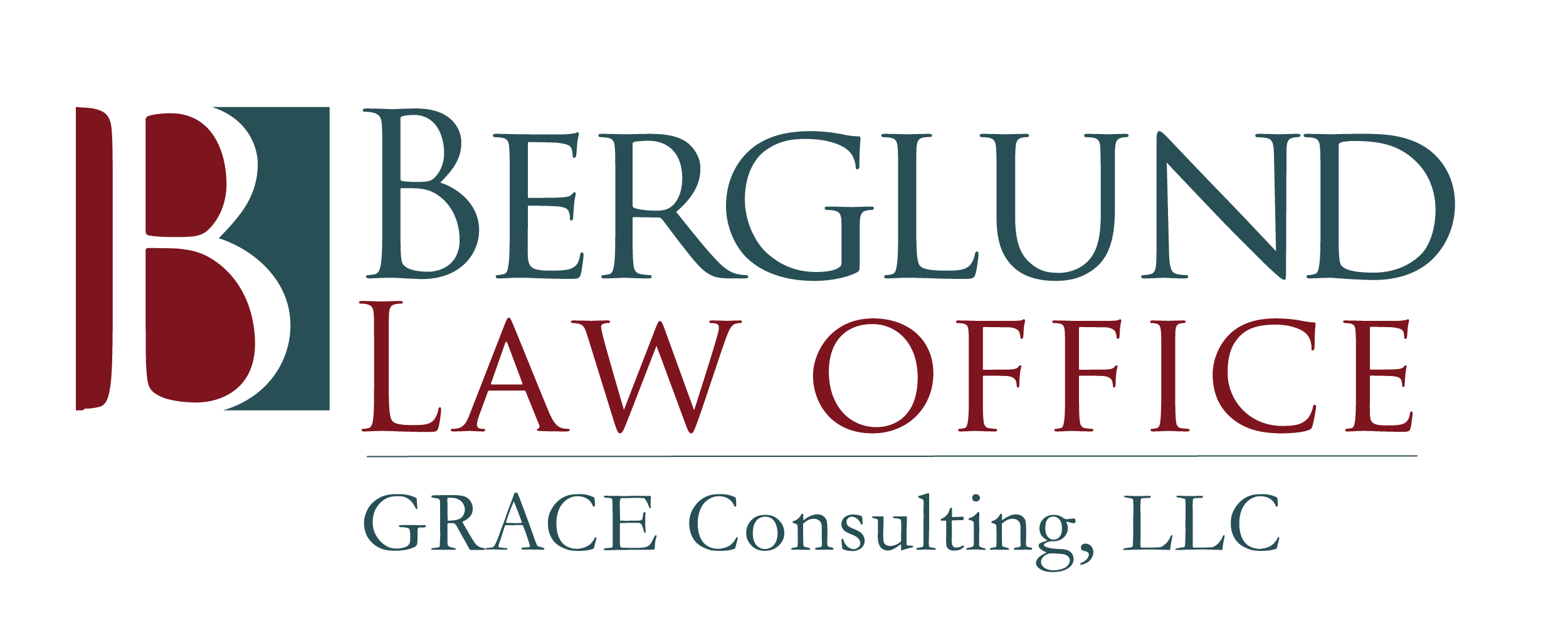
WHAT ARE THE TYPES OF PROBATE IN MN
What are the types of probate in MN? There are a number of different versions of probate administration, including the following:
- Summary administration (this is only available if the “gross estate) is less than $150,000);
- “Informal” probate;
- “Formal” probate;
- “Supervised” probate (here, a court order is required in order to distribute assets to the rightful heirs or devisees);
- “Unsupervised” probate (this version is more flexible that the “supervised” variety).

The two most commonly utilized versions of probate are “formal” and “informal”:
- Informal probate: An informal probate can be filed to ask the probate court to appoint a personal representative without a hearing in front of a judge in situations that are less complicated. Many wills specify that the testator has requested that an informal probate is desired; and
- Formal probate: A formal petition can be filed to ask the judge to appoint a personal representative with a hearing in front of a judge in situations that might be more complicated- or cases in which the decedent’s will specified that the formal probate should be utilized.

THE TWO PROBATE PATHWAYS: “TESTATE” AND “INTESTATE”
When a case is filed in probate court in Minnesota, the applicant files under the “testate” pathway if the decedent died with a valid a will. In most cases, the probate court will honor the wishes of the decedent.
If the decedent wanted his home (owned in his own name) to go to his or her spouse, for example, then the court will generally honor that wish. If a decedent purposefully disinherits one (or more) of his or her children, the court will also (generally) honor that wish – as long as the wish is clearly spelled out in a valid will.
If a person–like Prince Rogers Nelson–dies without a will or “intestate”, Minnesota law has very specific provisions about how a decedent’s estate will “pass” upon the decedent’s death.
The relevant Minnesota statute provides, for example, that the surviving spouse (if any) will receive a portion of the estate generally depending upon how long he or she was married to the decedent. If you die without a valid will or trust, therefore, your assets will be distributed by the Minnesota rules of “intestate succession”. This means your property will be split in accordance with the closeness of your relationship with your heirs. Your spouse and children will have the greatest rights to your assets.
Minnesota’s complicated statutory formula doesn’t match up with the way a great many people would like to have their assets distributed. Most people would much prefer to “have it their way”. And that is where having a valid will and/or trust is important for each and every one of us!
